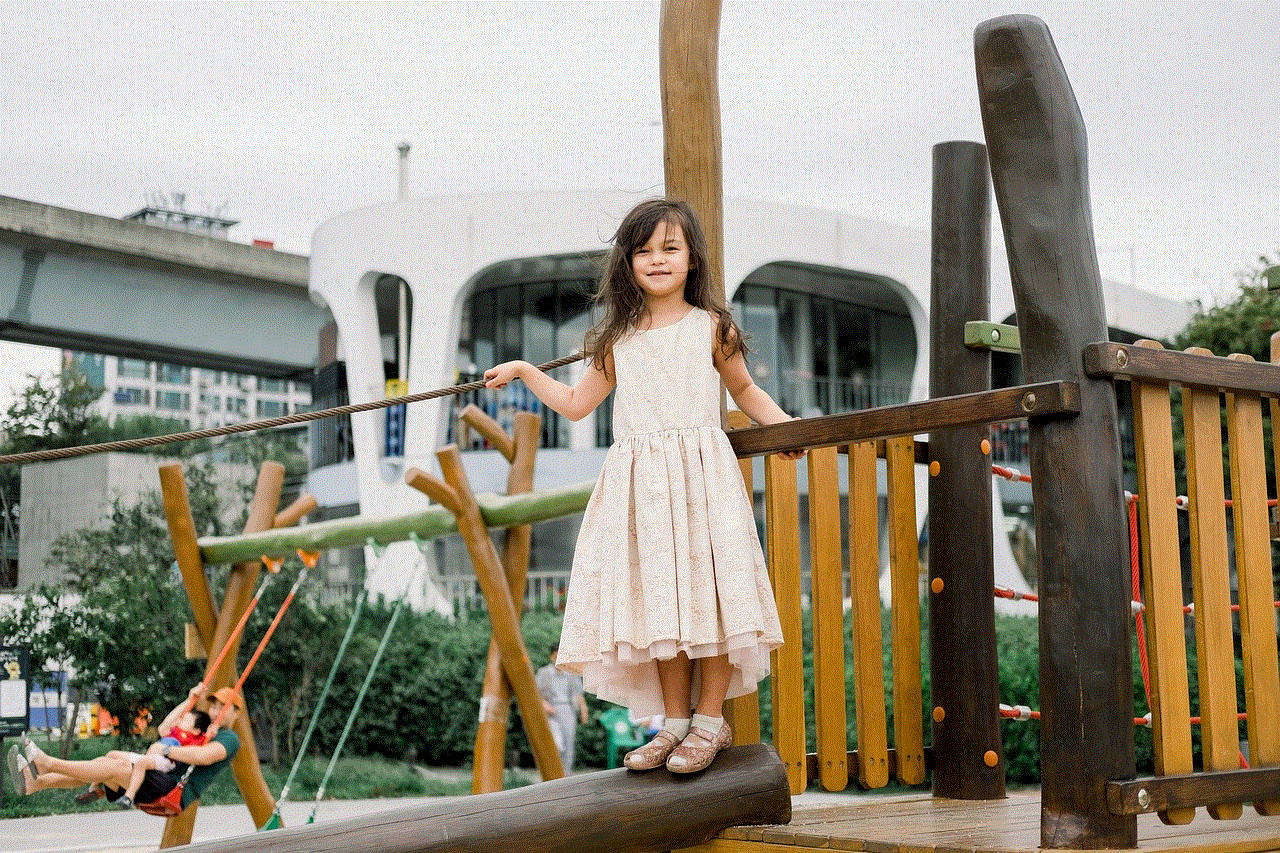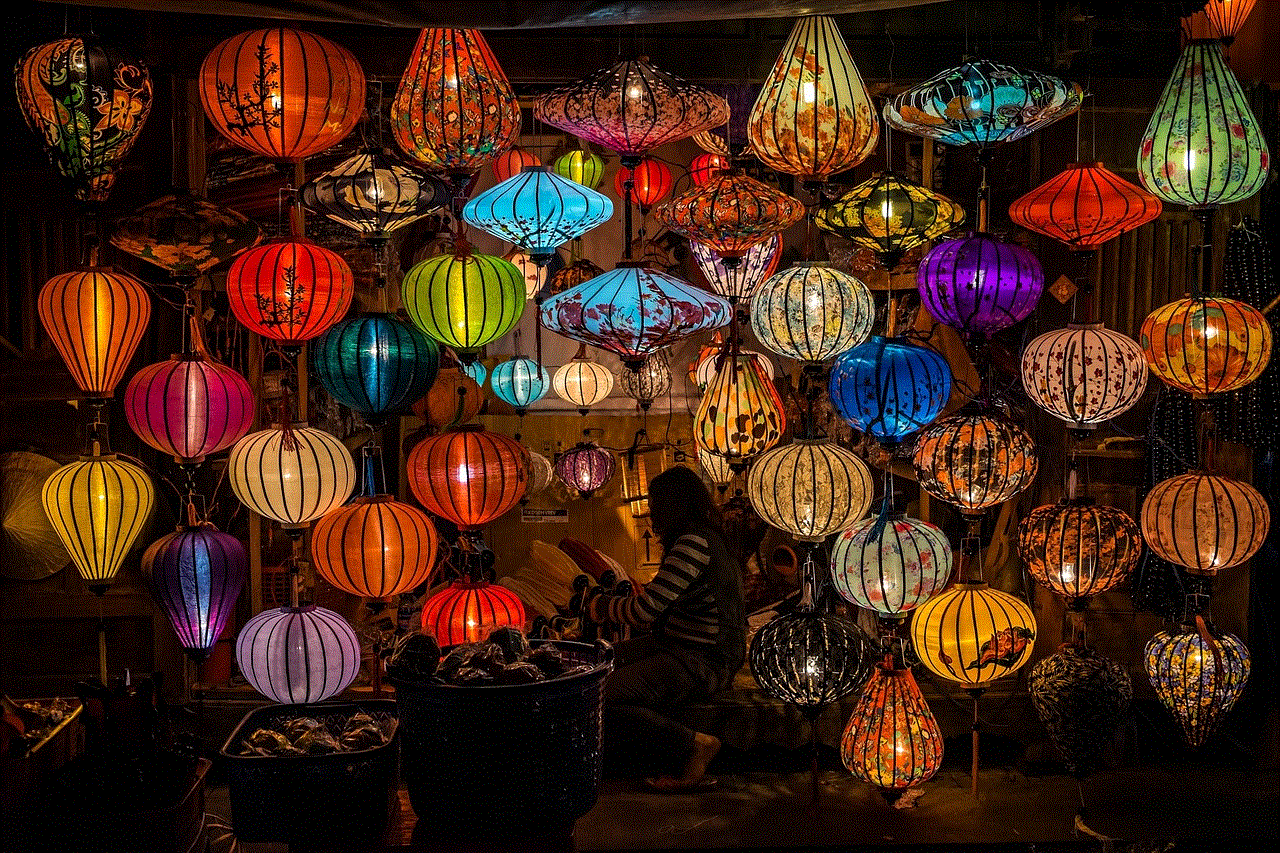when to have a baby shower
A baby shower is a joyous occasion where friends and family come together to celebrate the upcoming arrival of a new baby. It is a time to shower the expectant mother with love, support, and gifts to help prepare her for the journey of motherhood. But when is the best time to have a baby shower? Should it be before the baby arrives or after? In this article, we will dive into the topic of when to have a baby shower, taking into consideration various factors and traditions.
Traditionally, baby showers were held after the baby was born. This was done to ensure that the baby was healthy and that there would be no complications during childbirth. It was also a way for the community to come together and celebrate the new addition to the family. However, with modern technology and advancements in medicine, the chances of complications during childbirth have significantly reduced. This has led to a shift in the timing of baby showers, with many now being held before the baby’s arrival.
One of the main reasons for having a baby shower before the baby is born is to help the expectant mother prepare for the arrival of her little one. It gives her time to organize and set up the nursery, buy any essential items that she may need, and make any necessary arrangements for her maternity leave. With the physical changes that occur during pregnancy, it may become increasingly challenging for the mother-to-be to perform these tasks closer to her due date.
Another benefit of having a baby shower before the baby is born is that it allows the expectant mother to relax and enjoy the celebration without the added stress of taking care of a newborn. In the first few weeks after giving birth, mothers are often exhausted and overwhelmed with the demands of caring for a newborn. Having a baby shower before the baby’s arrival gives the expectant mother a chance to rest and enjoy the company of her loved ones before the chaos of motherhood begins.
The timing of a baby shower also depends on cultural and religious traditions. In some cultures, it is considered bad luck to celebrate the baby before it is born. In these cases, the baby shower is held after the baby’s arrival. In other cultures, it is believed that having a baby shower before the baby is born will bring good luck and blessings to the mother and the baby. Therefore, it is common to have baby showers a few weeks before the due date.
Aside from cultural and traditional beliefs, the timing of a baby shower may also be influenced by the mother’s preferences. Some mothers may not want to have a baby shower before the baby is born because they want to keep the sex of the baby a surprise. In this case, the baby shower may be held after the baby’s arrival so that the guests can shower the little one with gifts that are appropriate for their gender.
On the other hand, some mothers may want to know the sex of their baby before the shower, so they can prepare accordingly. This is especially true for first-time mothers who may need to purchase all the necessary items for their baby. In this case, the baby shower may be held before the baby is born, allowing the mother to receive gifts that are specific to the baby’s gender.
The timing of a baby shower may also be influenced by the availability of the expectant mother’s close friends and family. Nowadays, people are often busy with work and other commitments, making it challenging to find a suitable time for everyone to come together. In such cases, the baby shower may be held before the baby’s arrival to ensure that all the important people in the expectant mother’s life can attend.
When it comes to the ideal time to have a baby shower, there is no one-size-fits-all answer. The timing may vary depending on the mother’s preferences, cultural and religious traditions, and the availability of loved ones. However, there are a few general guidelines that can help determine the best time to have a baby shower.
Typically, baby showers are held in the third trimester of pregnancy. This is when the expectant mother’s energy levels are still relatively high, and she is not too uncomfortable. This also allows for any complications that may arise during pregnancy to be addressed before the baby shower. It is recommended to have the baby shower around the 32-36 week mark, as this gives enough time for the mother to rest and prepare for the baby’s arrival.
Some mothers may choose to have a baby shower later in their pregnancy, closer to their due date. This allows them to showcase their baby bump and gives the guests a chance to feel the baby’s movements. However, it is essential to keep in mind that the baby may arrive earlier than expected, and the mother may not be physically able to attend the shower if it is held too close to her due date.
It is also essential to consider the weather when planning a baby shower. If the expectant mother is due in the winter months, it may be best to have the baby shower earlier in the pregnancy to avoid any potential weather-related challenges. Similarly, if the mother is due in the summer months, it may be better to have the baby shower later in the pregnancy to avoid any discomfort from the heat.
Another factor to consider when deciding when to have a baby shower is the type of celebration. Some mothers may opt for a traditional baby shower with games, gifts, and a large guest list, while others may prefer a smaller, more intimate gathering. In the case of a smaller celebration, it may be easier to plan and coordinate closer to the due date, as there is less pressure to accommodate a large number of guests.
In conclusion, the best time to have a baby shower is subjective and can vary depending on various factors. The timing may also be influenced by cultural and traditional beliefs and the mother’s personal preferences. However, in general, the third trimester of pregnancy is a suitable time to have a baby shower, allowing the expectant mother to rest and prepare for the baby’s arrival. Ultimately, it is essential to choose a time that works best for the mother-to-be, as the baby shower is a celebration of her and the new life she is about to bring into the world.
is discord private
Discord is a popular messaging and voice communication platform that has gained widespread use among gamers, content creators, and online communities. With its user-friendly interface and wide range of features, Discord has become a go-to platform for many people to connect and communicate with others. However, one question that often arises is whether Discord is truly private? In this article, we will dive into the various aspects of Discord’s privacy and how it affects its users.



To start with, we need to understand what privacy means in the context of a messaging platform like Discord. Privacy can be defined as the ability to control what information is shared and with whom. In the case of Discord, this would mean the ability to control who can see your messages, voice calls, and other personal information.
Discord offers a range of privacy settings that allow users to manage their information and control who can see it. For example, users can choose to make their messages visible only to friends, restrict their online status visibility, and even disable direct messages from strangers. These settings provide a certain level of privacy and control to users over their interactions on the platform.
However, Discord’s privacy settings also have some limitations. While users can control who can see their messages, they cannot control what Discord does with their data. Discord’s privacy policy states that it collects user data to provide, maintain, and improve its services. This includes information such as IP addresses, device information, and usage data. While this data is collected for legitimate purposes, it does raise concerns about user privacy.
One aspect of Discord’s privacy that has been a cause for concern is its data retention policy. Discord states that it retains user data, including messages and IP addresses, for an indefinite period unless requested by the user to delete it. This means that even if a user deletes their account, their data may still be stored on Discord’s servers. While this may be necessary for Discord to maintain its services, it also raises concerns about the security of user data and the potential for it to be accessed by third parties.
Another issue that has been raised regarding Discord’s privacy is its use of third-party services. Discord integrates with various third-party services, such as Spotify and Twitch, to provide additional features to its users. However, this also means that user data may be shared with these third parties, which could potentially compromise user privacy. While Discord does have measures in place to protect user data, such as encryption, the use of third-party services does pose a potential risk to user privacy.
Discord’s privacy has also been a topic of discussion due to its use by online communities, such as gaming clans and content creator communities. These communities often have large numbers of members, and their conversations and interactions can be seen by all members. While this may not be an issue for some, others may feel uncomfortable with their conversations being visible to a large group of people. This raises questions about whether Discord can truly provide a private space for these communities to communicate.
Another aspect that raises concerns about Discord’s privacy is its lack of end-to-end encryption. End-to-end encryption is a security measure that ensures that only the sender and receiver can access the contents of a message. This means that even if the message is intercepted, it cannot be deciphered by anyone else. Discord does not currently offer end-to-end encryption, which means that in certain situations, messages could potentially be accessed by third parties.
Despite these concerns, Discord has taken steps to improve its privacy practices. In 2020, Discord updated its privacy policy to provide more transparency about the data it collects and how it is used. It also introduced new features, such as message screening, to protect users from unwanted or inappropriate content. Additionally, Discord has introduced a bug bounty program to incentivize users to report any security vulnerabilities they may find on the platform.



In conclusion, while Discord does offer some privacy controls and has taken steps to improve its practices, it is not a completely private platform. Users must understand that their data may be collected and stored by Discord for various purposes. However, with the right privacy settings and awareness of potential risks, users can still use Discord as a safe and secure platform for communication. As with any online platform, it is essential to be cautious and mindful of what information is shared and with whom.
pinterest age limit
In the world of social media, Pinterest has become a household name. With over 300 million active monthly users, this image-based platform has gained immense popularity since its launch in 2010. Its unique concept of allowing users to save and organize images, or “pins”, has made it a go-to platform for people looking for inspiration, ideas, or simply a way to pass the time. However, with its growing popularity, a question that often arises is – what is the age limit for using Pinterest?
The minimum age requirement to create a Pinterest account is 13 years old. This age limit is in accordance with the Children’s Online Privacy Protection Act (COPPA), a US federal law that protects the privacy of children under the age of 13. This law was enacted by the Federal Trade Commission (FTC) in 1998 and applies to all online services that collect personal information from children. As Pinterest collects personal information from its users, it is obligated to comply with COPPA and restrict access to children under 13 years old.
Pinterest’s terms of service state that users must be at least 13 years old to use the platform. This age limit is also mentioned in its privacy policy, where it states that the platform is not intended for children under 13. Pinterest also requires users to provide their date of birth at the time of sign-up to ensure that they are above the age of 13. If a user is found to be under 13 years old, their account will be immediately terminated.
One of the main reasons for setting an age limit on social media platforms is to protect children from potential online dangers such as cyberbullying, online predators, and exposure to inappropriate content. Pinterest’s age limit also ensures that the platform is not used for commercial purposes by underage users. As Pinterest is primarily an image-sharing platform, it is important for users to understand the copyright laws and give credit to the original creators of the images they share. This can be a challenging concept for younger users, and hence, the age limit helps to prevent any copyright infringements.
Pinterest’s age limit has faced criticism from some users who believe that it is too high. Many parents argue that their children should be allowed to use the platform under their supervision. They argue that Pinterest can be a safe and educational platform for children to explore their interests and learn new things. However, Pinterest’s age limit is in line with other popular social media platforms such as facebook -parental-controls-guide”>Facebook , Instagram , and Twitter , which also have a minimum age requirement of 13 years old.
Another reason for setting an age limit on Pinterest is to comply with the General Data Protection Regulation (GDPR), a European Union law that protects the data privacy of individuals within the EU. Under this law, online services are required to obtain parental consent before collecting personal information from children under the age of 16. As obtaining parental consent can be a complex and time-consuming process, many online services, including Pinterest, have set their age limit at 13 to avoid any legal complications.
Despite the age limit, there have been instances where underage users have managed to create accounts on Pinterest. This can happen when a user provides a false date of birth or uses a parent’s account to access the platform. Pinterest has taken steps to address this issue by implementing an age screening process. In this process, Pinterest uses algorithms and other technologies to identify accounts that may belong to underage users. If an account is flagged as potentially belonging to a child under 13, Pinterest will ask for additional information to verify the user’s age.



Additionally, Pinterest has also introduced a feature called “Pinterest Kids”, which is a curated version of the platform for children aged 6-12. This feature uses machine learning to recommend age-appropriate content for kids and does not allow any third-party ads or comments. This provides a safer and more controlled environment for children to use Pinterest.
In conclusion, the age limit for using Pinterest is 13 years old. This age limit is in place to comply with COPPA and GDPR laws, protect children from online dangers, and prevent any legal complications. While there may be arguments for lowering the age limit, Pinterest has taken steps to ensure that underage users are not able to access the platform. As Pinterest continues to grow in popularity, it is important for the platform to maintain its age limit and uphold its commitment to protecting the privacy and safety of its users, especially children.